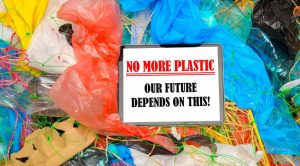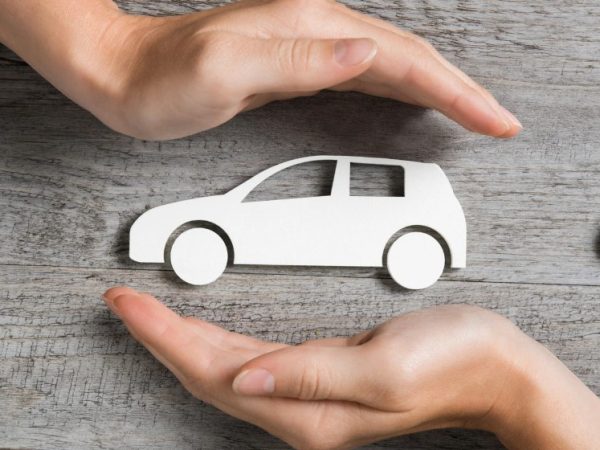
Planet Over Plastic: Small Swaps That Actually Stick
We’ve all heard it before: plastic is a problem. It clogs landfills, pollutes oceans, and lingers in the environment for hundreds of years.
But when the headlines blur into guilt and eco-jargon, it’s easy to feel overwhelmed, like real action is out of reach or requires a dramatic lifestyle change. The good news? It doesn’t.
You don’t need to live off-grid, sew your own clothes, or make your own shampoo to reduce your plastic footprint. It’s often the smallest, most consistent swaps that become lasting habits and make a genuine difference over time.
If you’re looking for practical, sustainable ways to cut down on plastic in your everyday life, start with what’s already in your hands. These ideas don’t demand a full eco-makeover, just a little intention, some creativity, and a willingness to question what you’re using and why.
How to Reduce Plastic Without Giving Up Comfort or Style?
Ditch Single-use Before You Ditch Motivation

We know the obvious culprits, plastic cutlery, straws, and carrier bags, are part of the problem.
But the real win comes from noticing the invisible plastic habits hiding in plain sight. Start by tackling one category at a time, such as your food storage.
Instead of tossing leftovers into cling film or zip-top bags every day, try reusable alternatives like silicone food covers, glass containers with locking lids, or beeswax wraps.
These swaps don’t just cut down on waste they look good, last months, and help keep your food fresher.
Plus, there’s something deeply satisfying about opening your fridge and seeing everything neatly covered in reusable materials instead of plastic wrap that’s bound for the bin.
At the grocery store, those flimsy plastic produce bags are another easy target. Keep a set of lightweight fabric produce bags in your tote or car so you always have them handy.
Once it becomes part of your routine, you’ll wonder why you ever accepted those rustly little bags in the first place.
Hydration Doesn’t Have to Cost the Earth
Drinking water is healthy. Building a personal landfill of crushed plastic bottles to do it? Not so much.
While bottled water might seem convenient, it’s one of the most wasteful habits we’ve collectively normalized.
Enter the reusable water bottle: one of the easiest and most impactful upgrades you can make.
Stainless steel bottles are a top pick for their durability and practicality. They’re tough enough for everyday use, whether it’s on your desk, in your backpack, or on a hike, and they keep drinks cold (or hot) for hours thanks to insulated technology.
They’re easy to clean, hard to damage, and never leave that weird plasticky aftertaste behind.
And if you prefer something a little sleeker…
The Unexpected Power of Glass
For those who want their daily essentials to be functional and beautiful, glass water bottles are an elegant alternative.
Unlike plastic, glass doesn’t absorb smells or flavours, so every sip tastes fresh. It’s also non-toxic, easy to sterilize, and endlessly recyclable.
Modern designs often include protective silicone sleeves, which make them safe to carry around in bags or use at the gym.
They’re also dishwasher-friendly, convenient, low-maintenance, and perfect for people who want a clean aesthetic without sacrificing performance.
More than just a drinking vessel, a good glass bottle subtly signals that you’ve thought about your choices. You’re not shouting your values, you’re quietly living them.
Less Plastic, More Intention

No one’s asking you to be perfect. Sustainability isn’t an all-or-nothing game it’s about doing what you can, where you are, with what you have. Small, repeatable choices lead to real, collective change.
Whether you’re replacing cling film with beeswax wraps, carrying your own cutlery, switching to refillable cleaning products, or choosing a durable water bottle over single-use plastic, these swaps are more than just practical, they’re empowering.
Each one is a quiet vote for a cleaner planet, a less wasteful culture, and a more mindful lifestyle.
Best of all? These habits often end up improving your day-to-day life. They reduce clutter, save money over time, and introduce better design into your daily routine.
Sustainability doesn’t mean sacrificing convenience or comfort it often means upgrading them.
So start small. Carry a bottle. Say no to a plastic fork. Choose glass over plastic. You don’t need to do everything, but doing something? That’s where the magic starts.





